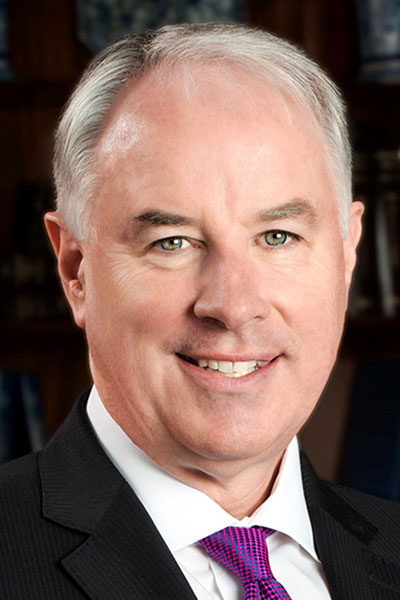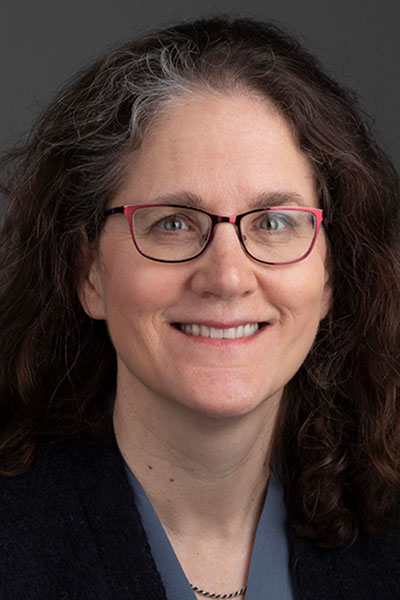
MSc, PhD
ARMMS-T2D is the largest, longest-running comparison of metabolic surgery versus medical and lifestyle intervention in type 2 diabetes. In a Monday, June 26, symposium, investigators will share what has been learned a decade and a half into the study.
Is Metabolic Surgery or Lifestyle/Medical Management of Type 2 Diabetes Optimal for Long-Term Health? Long-Term Outcomes of the ARMMS-T2D Randomized Trial after 7-15 Years of Follow-Up will begin at 3:15 p.m. PT in Ballroom 6A-B of the San Diego Convention Center. This session also will be available via livestream for registered meeting participants.
While a prior three-year follow-up report showed a substantial difference in type 2 diabetes remission for metabolic surgery versus lifestyle/medication (37.5% versus 2.6% respectively), long-term results are essential for clinical decision-making.
“The longer the study duration, the stronger the message in terms of remission of type 2 diabetes,” said ARMMS-T2D Principal Investigator John Kirwan, MSc, PhD, Executive Director and the George A. Bray, Jr. Endowed Super Chair in Nutrition, Pennington Biomedical Research Center. “The study addressed the durability of glycemic control after surgery, the longer-term efficacy and safety, and potential reasons some patients experience relapse.”
Patients previously randomized to either metabolic surgery (n=195) or multidisciplinary medical/lifestyle therapy (n=121) in the STAMPEDE, TRIABETES, SLIMM-T2D, and CROSSROADS trials were enrolled in this prospective observational cohort. The primary outcome is the rate of diabetes remission, defined as A1C less than or equal to 6.5 for at least three months. Secondary outcomes include glycemic control, body weight biomarkers, and reductions in comorbidities.
ARMMS-T2D had the largest group of type 2 diabetes patients with a body mass index (BMI) of less than 30 of any metabolic surgery versus medical therapy study to date, Dr. Kirwan noted. About a third of the cohort had class I obesity, or a BMI of 30-35 at entry, and represent a group for whom metabolic surgery is not widely used or considered as a treatment option. Patients in the surgery group underwent Roux-en-Y gastric bypass, sleeve gastrectomy, or adjustable gastric banding.
Metabolic surgery is increasingly recognized as a strategy for treatment of type 2 diabetes, Dr. Kirwan noted. However, it is estimated that fewer than 1% of these patients who are eligible for metabolic surgery actually undergo these procedures. This low uptake is generally attributed to concerns by patients, providers, and payers about long-term safety and durability.

Patti, MD
Three-year data, published in Diabetes Care in July 2022, showed statistically significant changes favoring surgery in A1C, fasting plasma glucose, body weight, BMI, waist circumference, high-density lipoprotein (HDL) cholesterol, triglycerides, metabolic syndrome, albumin-to-creatinine ratio, and the percentage of patients using medications to control diabetes, hypertension, and dyslipidemia. There were too few adverse events in either the surgery or medication/lifestyle group to assess long-term safety of surgery versus medical/lifestyle interventions.
“The long-term results that we will present in San Diego are a very important and clinically relevant set of data that will help guide discussions about the relative merits of medical management versus surgical management for type 2 diabetes,” said Site Investigator Mary-Elizabeth Patti, MD, Senior Investigator and Adult Endocrinologist, Joslin Diabetes Center, and Associate Professor of Medicine at Harvard Medical School. “The three-year results, as well as other trials, tell us that surgical management is an important treatment approach that anyone who is seeing patients with type 2 diabetes should be discussing with their patients.”
In-person attendees of the symposium will have a unique opportunity to discuss the long-term results with the full study team.
“This is a great opportunity to speak with the investigators directly and engage them in a discussion about the results and the study,” Dr. Kirwan said. “We can speak to efficacy, durability, and safety for all of the key procedures that are currently being used in metabolic surgery. In-person discussion about study results is usually more informative, satisfying, and rewarding.”

